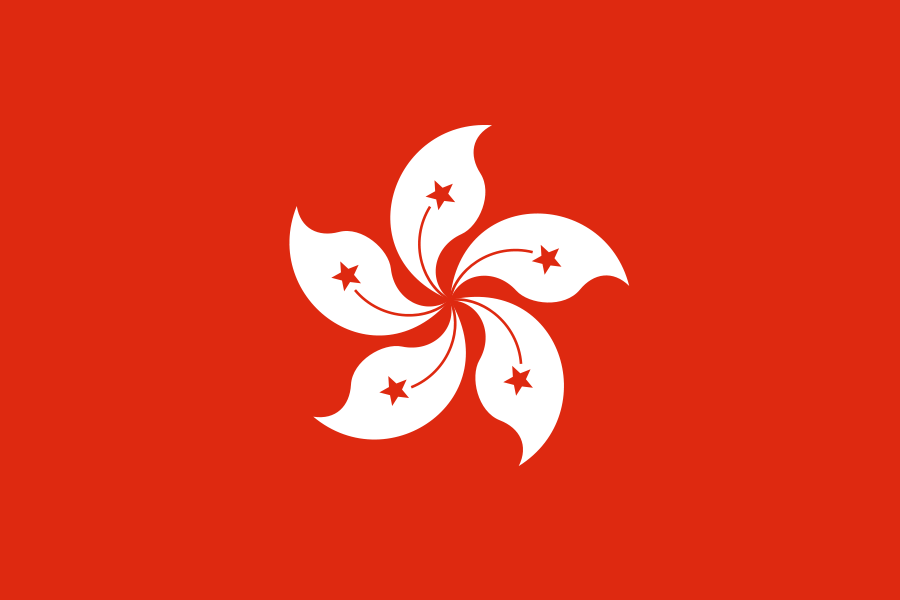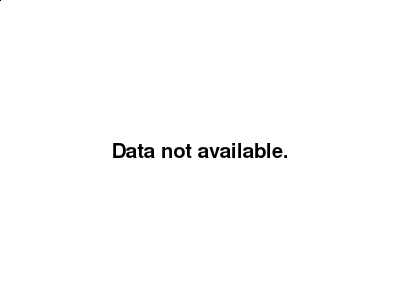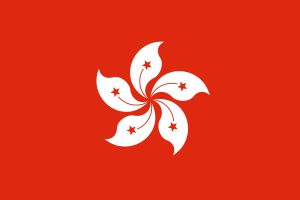
Hong Kong’s home market will face headwinds after banks in the city raised mortgage lending rates for the first time in 12 years.
HSBC was the first commercial bank to raise its prime rate in Hong Kong by 12.5 basis points to 5.125%, following a quarter-point rate hike by the US Federal Reserve overnight.
The move signaled an end to more than a decade of cheap money because Hong Kong has not seen an interest rate rise since March 2006.
The low-interest-rate environment and “hot money” coming out of China have been key forces behind a surging property market since 2008, which made Hong Kong one of the world’s most expensive cities for real estate.
“This will put an end to an era of extremely cheap lending and is set to bring volatility to the investment and property markets. It would be unrealistic to expect property prices to only go up,” Hong Kong Monetary Authority chief executive Norman Chan said in a media briefing on Thursday morning.
Financial Secretary Paul Chan said higher rates could pose a high risk to Hong Kong’s asset market.

“I urge investors to be extra cautious in their property investments, because of the higher interest rate burden, the uncertainties brought on by the US-China trade conflict, and external uncertainties related to the emerging markets,” Chan said.
In Hong Kong, many people either tied their mortgage loans to the prime rate or the Hong Kong interbank offered rate (Hibor).
The one-month Hibor, a measure of how much banks charge each other for short-term loans, added 6 basis points to 2.27%, the highest level since 2008.
As the cost of mortgages rises, it is doubtful whether the residential property will continue their seven-year rally.
The secondary market rose 16% in the last 16 months, according to Centlaine Property Agency. However, media reports said home sellers had cut their asking prices over the last few weeks, as they have become more risk-averse given the rising interest rate cycle.
Some analysts expect a 5% decline in Hong Kong’s home prices in the fourth quarter of this year.
For those homebuyers looking for a price correction, welcome to the interest rate up-cycle.

